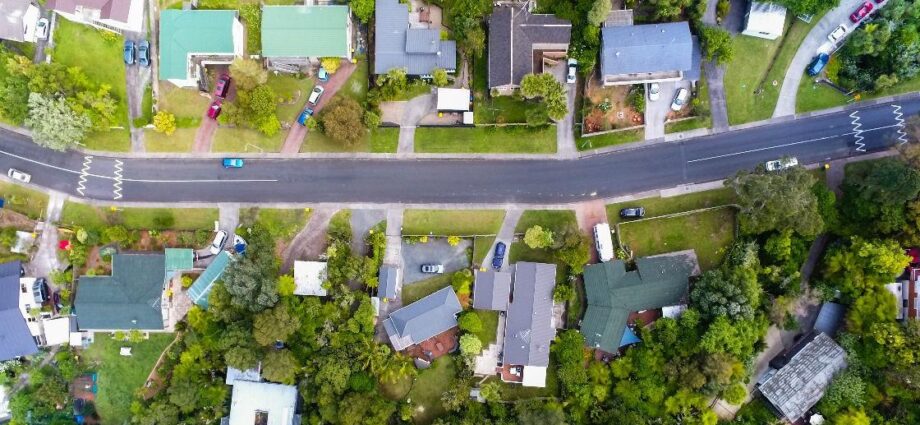PHOTO: Getty Images
The average house price increased by 6.1 percent in value over the past three months – which, despite being a rise, could be a sign that things are starting to ease.
Although prices increased in the three months ending in January, they are still down from the 7.8 percent quarterly growth seen in December, QV says. The national average value is now sitting at $1,063,765.
This means there’s been an average annual increase of 26.8 percent, down slightly from 28.4 percent annual growth last month.
Residential house prices in Auckland continue to climb, with the average value now at $1,541,168, rising 7.9 percent over the past three-month period, with annual growth of 27.6 percent, down from the 29.1 percent QV reported in December.
“We saw spectacular value growth throughout 2021, with increases we’ll unlikely see again for a generation. But with interest rates on the rise, tightening credit conditions and supply pressures now easing, we’ll likely see a property market return to a more sustainable level of growth,” says David Nagel, QV general manager.
“We’ve seen house listings surge in many locations where previously there was an acute lack of stock. And with the banks tightening their lending criteria in response to the new legislation, we’ve noticed a real falling off in auction and open home attendance.”
All 16 of the major urban areas QV monitors have shown a reduction in the rate of three-monthly value growth from the December data.
“This provides a pretty strong signal that value levels are peaking, as more vendors list their homes and the number of buyers reduces, especially first-home buyers and investors seeking bank credit,” Nagel says.

Four of QV’s 16 urban areas it tracks have house values of over $1 million. These are:
- Auckland – $1,541,168
- Tauranga city – $1,197,798
- Wellington region – $1,092,965
- Queenstown Lakes District – $1,599,524.
READ MORE VIA NEWSHUB















